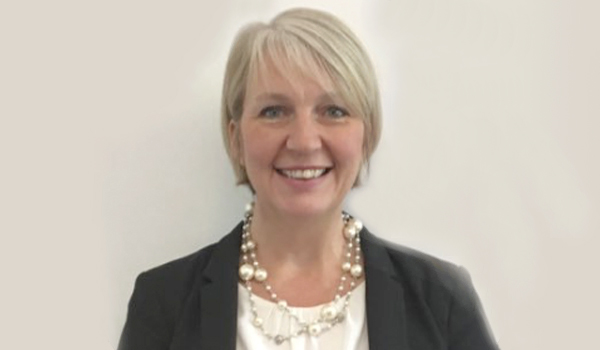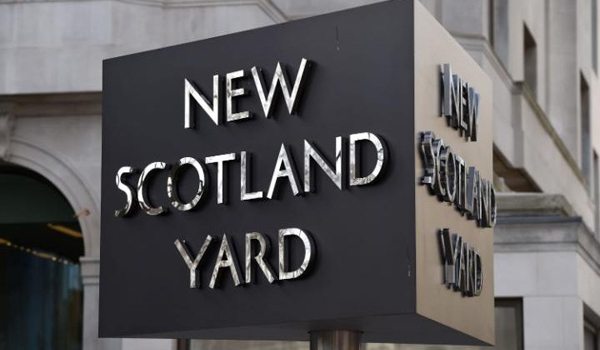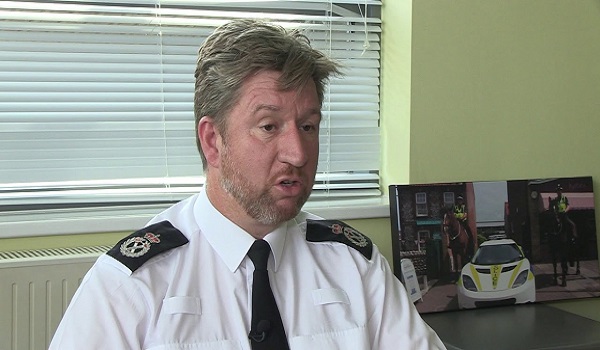Police Scotland’s response to Covid-19 crisis praised by HMICS
Police Scotland has delivered “consistent leadership and policy” in its handling of the Covid-19 crisis, according to a new report published today (October 6).
Gill Imery QPM, HM Chief Inspector of Constabulary in Scotland, said this has emphasised the benefits a national police service brought to Scotland during the pandemic.
She said Police Scotland’s commitment to ensuring an immediate and proportionate response to Covid-19 has been evident on many fronts during the past six months. This has ranged from the flexibility to maintain operational delivery through to the implementation of emergency legislation, and sustained resilience partnership working across communities.
“From the outset it was evident the one service helped to ensure the leadership direction and policy were consistent across the country,” said Ms Imery. “Police Scotland’s public messages placed a strong emphasis on common sense, empathy and everyone pulling together for the greater good.
“The chief constable and the leadership team have been clear in their commitment to the principle of policing by consent and police legitimacy, which are vital to maintaining public confidence.”
HM Inspectorate of Constabulary in Scotland’s (HMICS) annual report highlights the early request by the chief constable for independent scrutiny of the police use of the new powers, which led to the announcement of an independent review, chaired by John Scott QC.
As a member of the supporting Independent Advisory Group Mrs Imery said “I have been impressed by the range of interests represented by the group, and by Police Scotland’s commitment to it. Through the Independent Advisory Group, senior officers are able to receive direct feedback about how different communities are experiencing policing during this difficult time.”
The report focuses on the scrutiny activity carried out during 2019/20 and recognises the challenges that still lie ahead, taking into account the immediate and long-term effects of the pandemic alongside the evolving Brexit position and the impact of an international climate change conference to be held in 2021.
However, it urges Police Scotland to accelerate its efforts to use information about demand for policing to inform decisions about the future shape and structure of the organisation, and the allocation and deployment of officers and staff to best meet the needs of communities across the country.
“There are significant operational and budgetary challenges in the coming year, which make it all the more important that Police Scotland equips itself with reliable, accessible information on current and future demand, assets and resources, to inform the strategic direction of the service,” said Ms Imery.
She welcomed the current stable leadership at Police Scotland and the Scottish Police Authority and acknowledges the progress the authority has made to address issues previously identified.
During 2019/20, HMICS devoted considerable time to reviewing police custody arrangements and Ms Imery expressed her concern that Healthcare Improvement Scotland has not been able to join these inspections.
“I believe there is a pressing need to scrutinise the availability and quality of health services delivered to detainees in police custody, who often have pre-existing health challenges in the form of drug and alcohol dependency and mental health, but there has been no scrutiny since NHS Scotland took over responsibility for these services in 2013,” she said.
Ms Imery highlighted Police Scotland’s efforts to contribute to the national effort to reduce drug-related deaths. In particular, she praised the plans to develop a ‘test of change’ in respect of police officers carrying Naloxone, an emergency medication that can be administered by a nasal spray and reverses the effects of an opioid overdose.
Routine inspection work by HMICS was suspended in mid-March and all serving police officers on secondment were returned to Police Scotland to help with the national response to the crisis. HMICS says inspection activity has resumed, taking into account public health guidelines, and a full scrutiny programme has recommenced.







